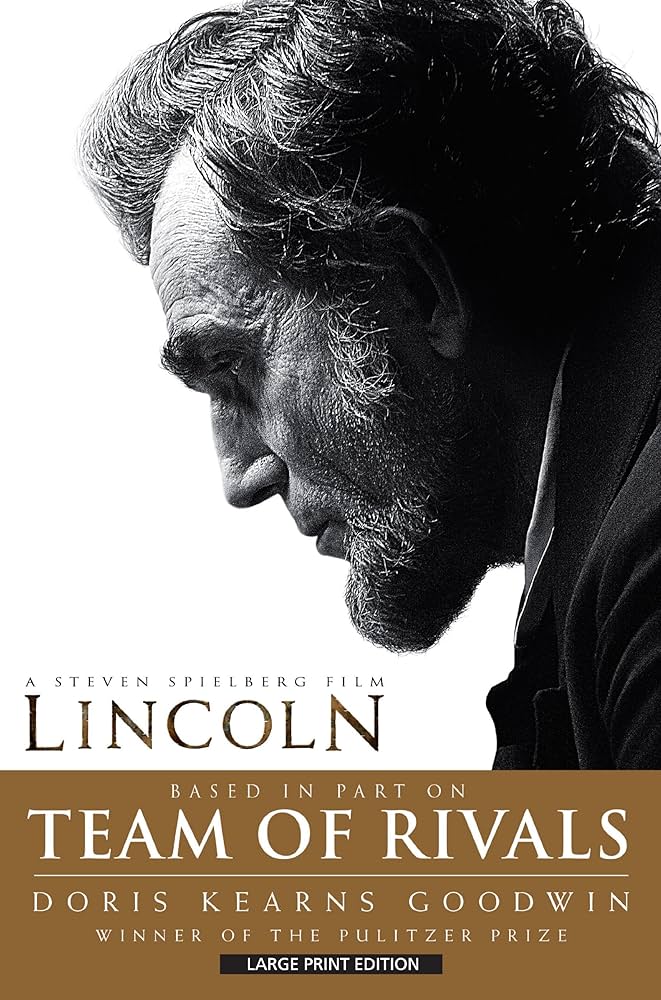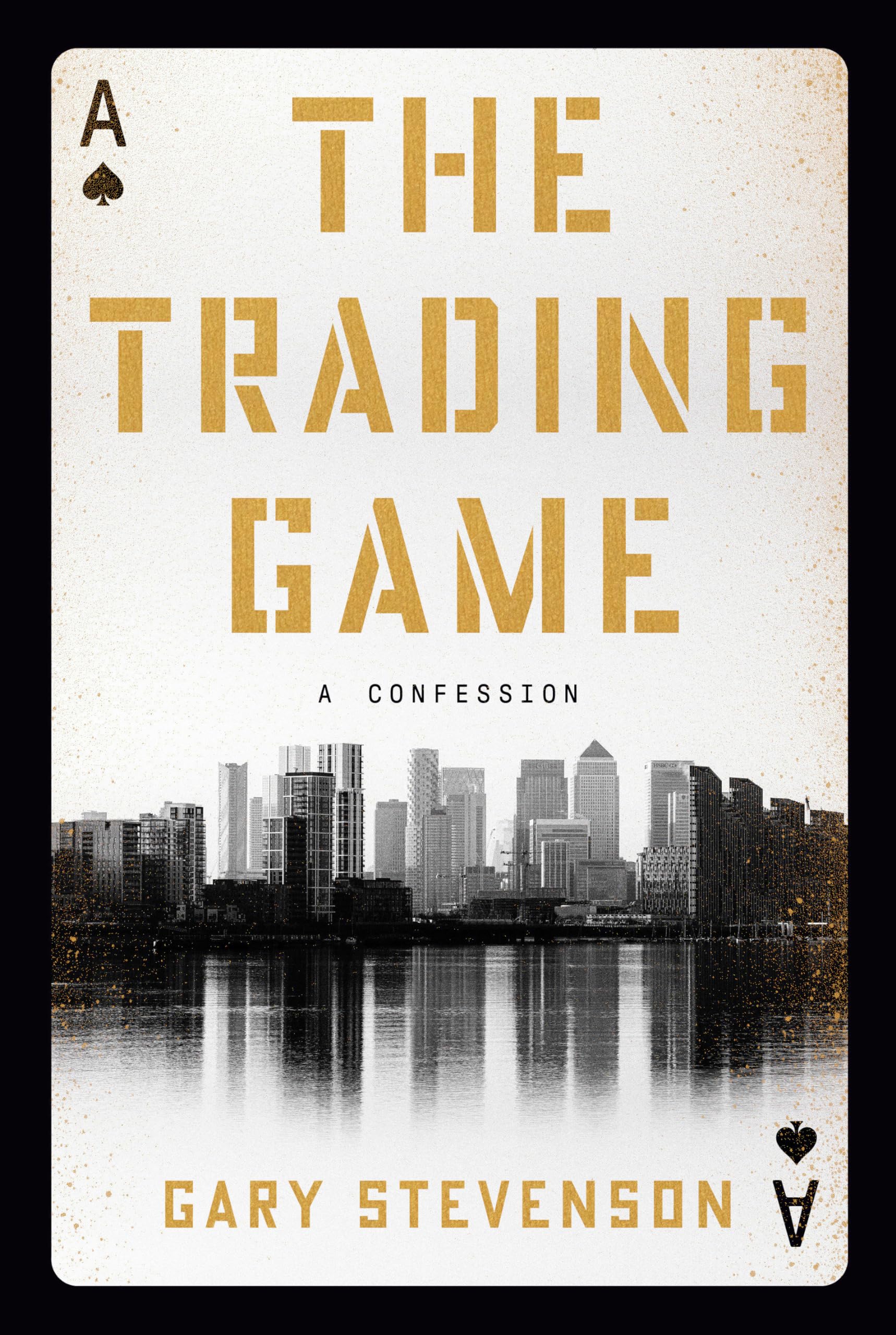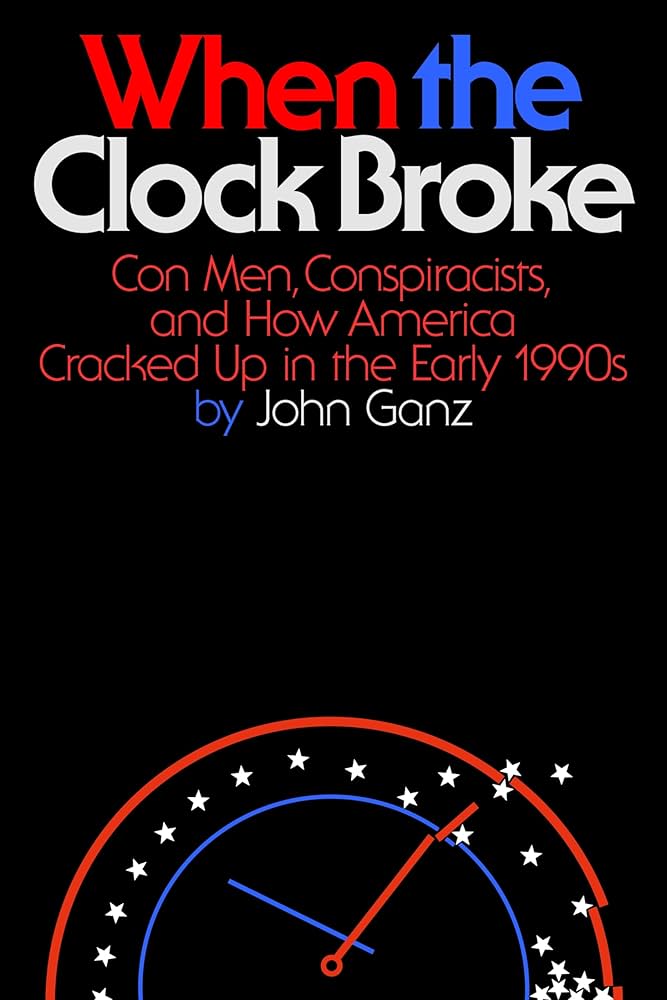Obviously this is a classic, so I’m not expecting to inspire anyone new to pick up this book. But if you don’t have it in your pile, you should. Even if you don’t really care about Great Men stories.
I’m not American, and I don’t have any deep interest in the Civil War or that era of American history, but this book was awesome. Contrary to my own expectations, this isn’t only a biography of Lincoln. It’s a master class on people management, self-control and effective communication. It’s as good as any business leadership book I’ve ever read.
It’s so richly written that it feels almost like fiction. The author starts with a bit of an election-primary cliffhanger, then steps back and begins with a couple hundred pages of biography of the central figures – Lincoln of course, but also his main rivals for the presidential nomination: Salmon Chase, William Seward, and Edward Bates.
This section of the book reminded me of classics like Middlemarch or Buddenbrooks, detailed stories of families told through a lens focused on a single figure. It was incredibly readable, and unbelievably well-researched.
Goodwin uses the same tactic several times throughout the book – figures like General McClellan or Kate Chase are vividly described, their personal lives and motivations picked apart and analyzed in detail. This adds dimension to the story that I really connected with – even though Kate Chase is a somewhat inconsequential figure, she was the one I was most curious to read about in the epilogue.
Also, turns out I didn’t know much about the Civil War, and now I can see why so many people study it in-depth. Goodwin brings the personal and political drama to life, providing detailed analysis of the issues and perspectives without sacrificing engagement.
She also makes it clear how high the stakes were and how close Lincoln et al came to failing. Lincoln’s views were often radical and unpopular, and his ability to rally exactly the right people to his side at crucial times is what made him such a successful figure.
History often seems like it was inevitable – like of course America ended slavery, it had to happen. This book shows that it didn’t, really, and in many cases the major events were extremely unlikely until they weren’t. For example, if the Union forces had taken a few more weeks to capture Atlanta, the pro-appeasement Democrats may have beat Lincoln in his re-election bid, for example, preserving slavery in order to end the war.
At any rate – the appeal of this book should much broader than to history or biography buffs.








